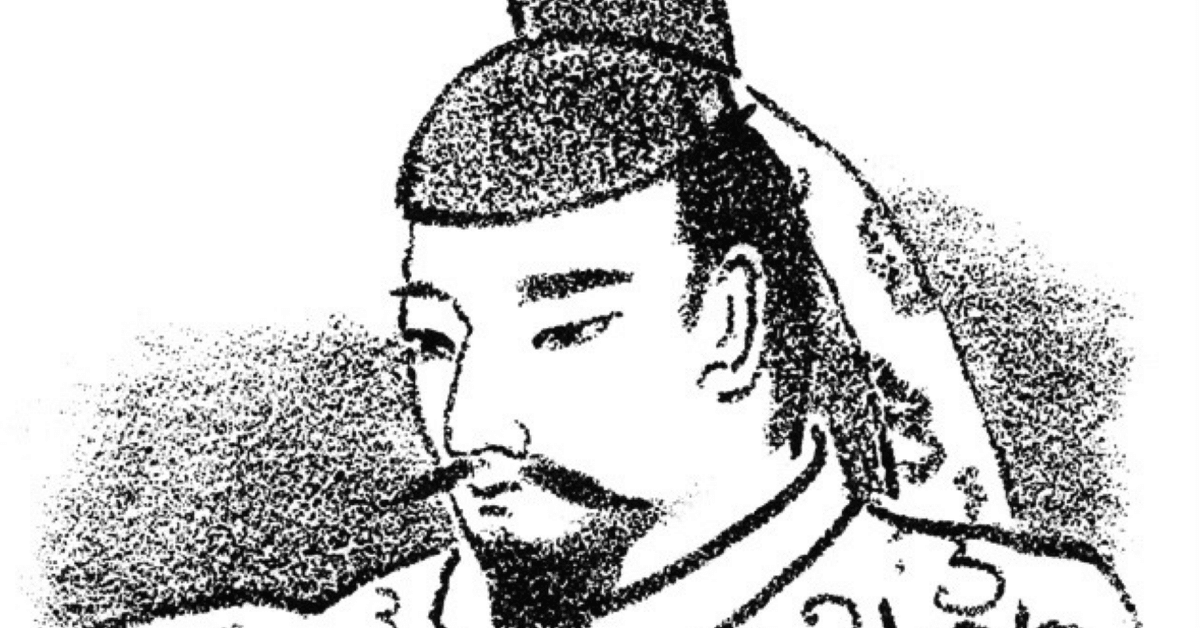
ChatGPTの『日本書紀』英訳 雄略天皇 35
『日本書紀』雄略天皇 35
十五年、秦民、分散臣連等、各隨欲駈使、勿委秦造。由是秦造酒、甚以爲憂而仕於天皇。天皇愛寵之、詔聚秦民、賜於秦酒公。公、仍領率百八十種勝、奉獻庸調絹縑、充積朝庭、因賜姓曰禹豆麻佐。一云「禹豆母利麻佐」皆盈積之貌也。
十六年秋七月詔、宜桑國縣殖桑、又散遷秦民、使獻庸調。冬十月詔、聚漢部、定其伴造者、賜姓曰直。一云「賜漢使主等、賜姓曰直。」
十七年春三月丁丑朔戊寅、詔土師連等「使進應盛朝夕御膳淸器者。」於是、土師連祖吾笥、仍進攝津國來狹々村・山背國內村俯見村・伊勢國藤形村・及丹波・但馬・因幡私民部、名曰贄土師部。
≪英訳≫
In the fifteenth year of the Emperor’s reign, the people of the Qin (はた 秦) clan were dispersed among the court nobles and ministers, each being used according to their desires. They were not assigned to the management of the Qin no Miyatsuko (秦造). This caused great distress to Qin no Miyatsuko Sake (秦造 酒), who served the Emperor.
The Emperor, however, cherished and favored him. He issued a decree to gather the people of the Qin clan and bestowed them upon Qin no Sake no Kimi (秦酒公). As a result, Qin no Sake no Kimi came to lead many villages and presented silk and fine textiles as tribute to the court, amassing a large stockpile. Because of this, he was granted the surname "Uzumasa" (禹豆麻佐), which signifies "piled high."
In the autumn of the sixteenth year, in July, the Emperor decreed to choose countries and counties suitable for cultivating mulberry trees and ordered the planting of these trees. Additionally, the people of the Qin clan were relocated so that tributes could be collected from these new areas.
In October of the same year, the Emperor issued another decree to gather the people of the Han (あや 漢) clan and determine their managers. Those managers were granted the surname "Atai" (直).
In the spring of the seventeenth year, on the second day of the third month, the Emperor decreed to the leaders of the Haji clan (土師連):
"Present pure vessels to be used for the imperial meals served morning and evening."
Following this, Haji no Muraji (土師連), the ancestor of the Haji clan, presented private lands and people from Kusasa Village in Settsu Province, Uchi Village and Fushimi Village in Yamashiro Province, Fujikata Village in Ise Province, as well as from Tanba, Tajima, and Inaba. These people were collectively named the "Nie-no-hajibe" (贄土師部).
nie(贄) signifying those who offer tribute.
≪この英文の和訳≫
(在位)十五年、秦(はた)氏の人々は宮廷の貴族や大臣に分散され、それぞれの望みに応じて使われていました。秦の造(みやつこ)の管理者には任命されませんでした。このため、秦(はた)の造(みやつこ)酒(さけ)は非常に悩み、天皇に仕えていました。
しかし、天皇は彼を寵愛されました。天皇は詔(みことのり)を出し、秦氏の人々を集めて秦酒公(はたのさけのきみ)に与えました。結果として、秦酒公は多くの村を率いるようになり、絹や上質の絹を朝廷に献上し、大量に積み上げました。これにより、姓として「禹豆麻佐(うずまさ)」を授けられました。これは「高く積み上げた」という意味です。
(在位)十六年の秋、七月に、天皇は桑の木の栽培に適した国と郡を選び、桑の木を植えるよう詔されました。また、秦氏の人々を移住させ、新しい地域から貢ぎ物を集めるようにされました。
同年の十月に、天皇は再び詔を出され、漢(あや)氏の人々を集め、その管理者を決めるよう命じられました。その管理者には「直(あたい)」の姓が授けられました。
(在位)十七年の春、三月二日に、天皇は土師連(はじのむらじ)の指導者たちに詔されました
「朝夕の御膳に用いる清らかな器を献上せよ」
そこで土師連(はじのむらじ)の先祖の吾苟(あけ)が、摂津国の久佐々村(くささのむら)、山背国(やましろのくに)の内村、伏見村、伊勢国の藤方村(ふじかたのむら)と丹波、但馬、因幡の私有の部曲(かきべ)を奉った。これを名づけて贄(にえ 貢ぎ物を捧げる人々)の土師部(はじべ)という。
令和6年7月26日(金) 2024
この記事が気に入ったらサポートをしてみませんか?
